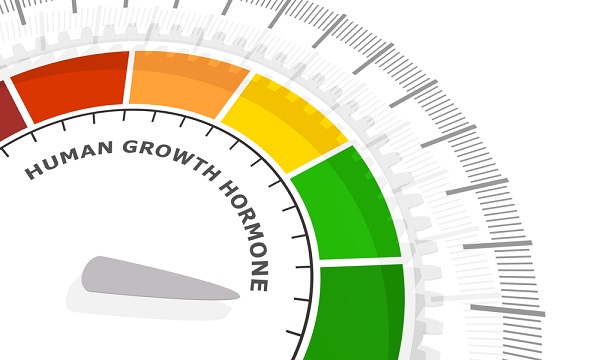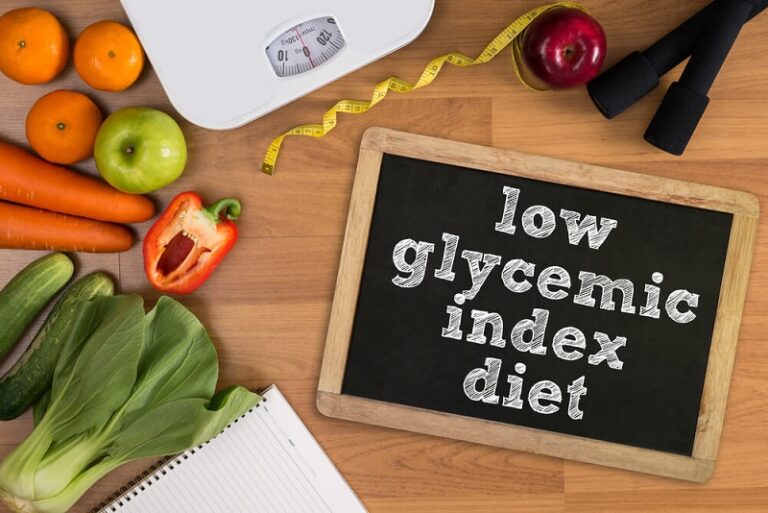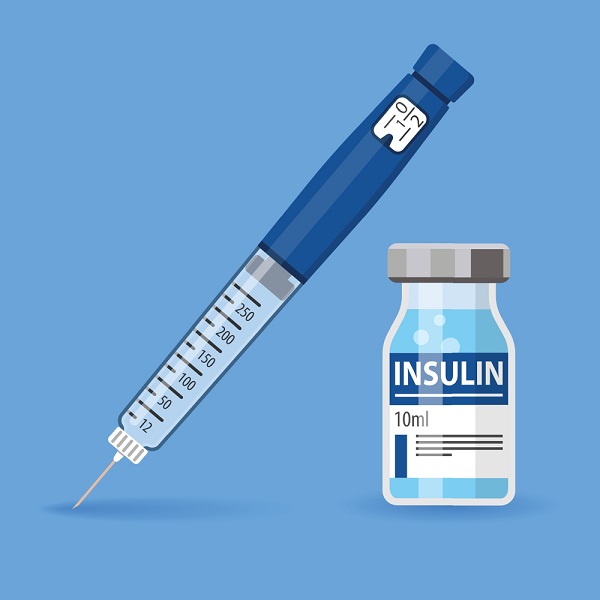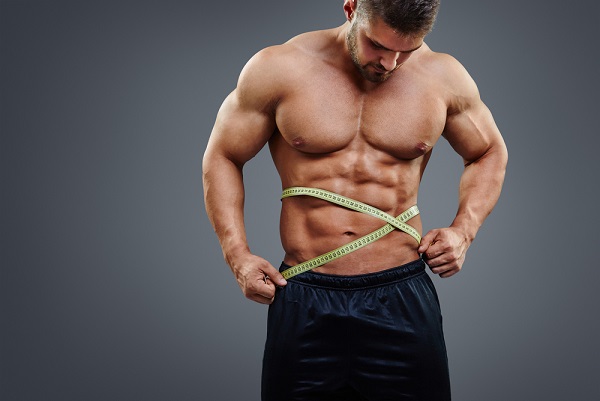off-season bodybuilding diet
There is a shortage of scientific research on the best dietary advice for bodybuilders during off-Season. The majority of a bodybuilder’s career is spent in this phase, where the objective is to gain muscle mass while minimising excessive increases in fat mass. This is a significant gap.
Bodybuilding is an art and a culture, not just a sport. The athletes are assessed on appearance rather than athletic skill on competition day, setting it apart from performance sports. Bodybuilders strike a position while being judged for their definition, symmetry, and muscle mass. Bodybuilders go through three distinct phases during a season: the off-season muscle-building phase, the contest preparation period, and the competition itself. The majority of the literature focuses on the dieting stage.
There is a definite need for safe and fact-based nutrition and dietary supplement recommendations for bodybuilders because they spend the majority of their time off-season. There is evidence that certain bodybuilders, particularly elite competitors in natural bodybuilding, may be interested in information that is supported by evidence.
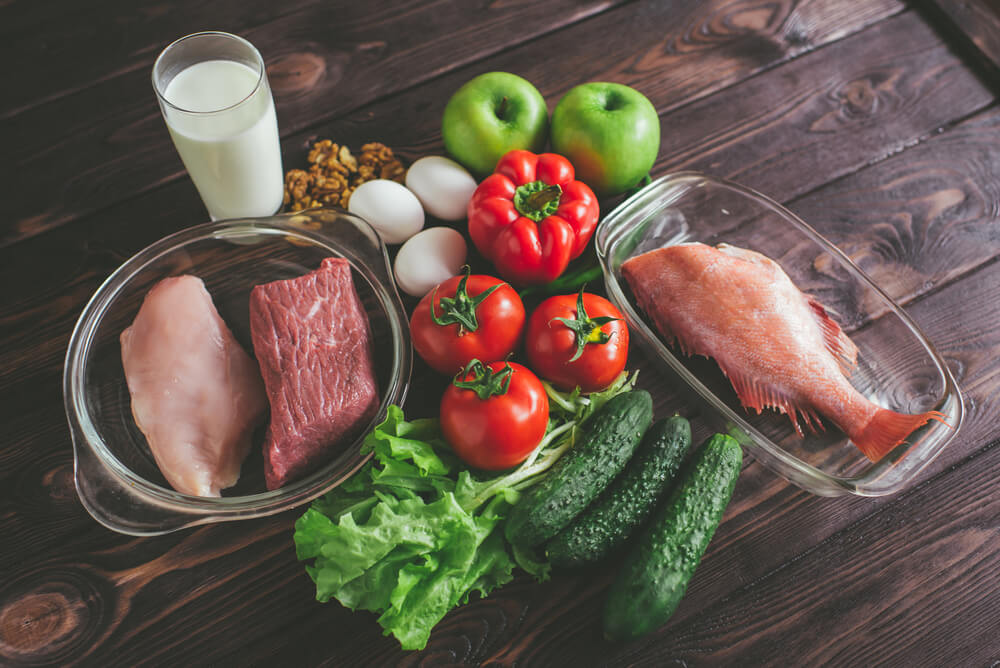
role of nutrition during off-season
According to reports, bodybuilders resistance train 5–6 times per week during the off-season phase, working each muscle group just once every two weeks. They are said to follow a high-volume training regimen that consists of 4-5 exercises for each muscle group, 3-6 sets of each exercise, 7–12 maximum repetitions (RM) for each set, and 1-2 minutes of recovery in between sets. Training sessions were said to last between 40 and 90 minutes. But every athlete’s training programme can be very different.
It’s important to assess bodybuilders’ typical caloric intake. Energy consumption is often much higher during the off-season compared to the dieting period; male bodybuilders were observed to consume an average of 3800 kcal per day during the off-season and 2400 kcal per day during the dieting phase.
Even in the absence of resistance training, it has been demonstrated that having a positive energy balance has a significant anabolic effect. However, the most efficient way to guarantee the anabolic effects are focused on boosting skeletal muscle growth is to combine resistance training with a favourable energy balance. Depending on one’s level of training, a person’s optimum energy surplus to increase lean mass while preventing the growth of adipose tissue may vary. Resistance exercise with a significant calorie excess of around 2000 kcal have been proven to produce large weight growth in untrained subjects, with up to 100% of the weight gain coming from lean body mass (LBM).
To improve LBM and reduce rises in fat mass, it has been suggested in the scientific literature to aim for a target weight gain of 0.25 to 0.5 kg each week. For the advanced bodybuilder, a potential monthly weight gain of 2 kg may be excessive and lead to an unneeded buildup of body fat.
1. Protein
The current Recommended Dietary Allowances (RDA) for protein in healthy adults is 0.8 g/kg; it was shown that double this amount maximised the hypertrophy caused by resistance training. Bodybuilders were originally advised to get 25–30% of their daily calories from protein during the off-season. However, it could be more fair to suggest protein needs based on body weight. Bodybuilders should therefore ingest 1.6 g/kg of protein a day at a least during the off-season, while aiming closer to 2.2 g/kg may provide a more consistently optimum response across a wider range of athletes.
2. Amino Acid
The only amino acids needed to activate MPS are essential amino acids (EAA) . Leucine appears to be particularly significant as a “metabolic trigger” of Metabolic Profile System (MPS), even though all amino acids offer the essential “building blocks” for the synthesis of new tissue. It has been proposed that reaching a “leucine threshold,” which is necessary to maximally trigger MPS, requires a sufficient quantity of leucine.
3. Fats
Fat is an important nutrient that is necessary for numerous bodily processes. Bodybuilders’ dietary fat intake has been estimated to range from 8 to 33% of total calorie intake. In light of the available data, it could be wise to advise that dietary fats make up 20–35% of calories, or roughly 0.5–1.5 g/kg/day, in the majority of cases. Furthermore, it should be highlighted that a high dietary fat intake shouldn’t exclude consuming enough amounts of dietary protein and carbohydrates.
Omega 3 and omega 6 fatty acid content may also be significant for bodybuilders. They don’t need to be supplemented as long as there is an adequate intake from a high-quality diet that includes good sources of these fatty acids.
4. Carbohydrates
Carbohydrates, unlike proteins and fats, are not thought to be necessary for a healthy diet because the body can make the glucose required by tissues through a process called gluconeogenesis. However, the bodybuilder’s diet should include plenty of carbohydrates because they help to meet their needs for micronutrients and regulate thyroid hormones.
A extremely low-carb diet may also reduce the muscles’ capacity to contract vigorously and the regeneration of adenosine triphosphate (ATP). Muscle-glycogen is the main source of substrate during high-intensity exercise, and it has been demonstrated that glycolysis meets 80% of the ATP demand from one set of elbow flexion when performed to muscular failure. Resistance training has also been shown to reduce muscle-glycogen by 24–40% in a single session.
During the off-season, 5.3 g/kg/day of average daily carbohydrate intake has been recorded. However, bodybuilders’ ideal carbohydrate intake has not been determined. 5-6 g/kg and 4-7 g/kg/day have been suggested intake levels. Although it appears that carbohydrates are vital for bodybuilders. Therefore, the remaining calories should be allocated to carbs after calories have been committed to protein (1.6-2.2 g/kg/day) and fats (0.5-1.5 g/kg/day).
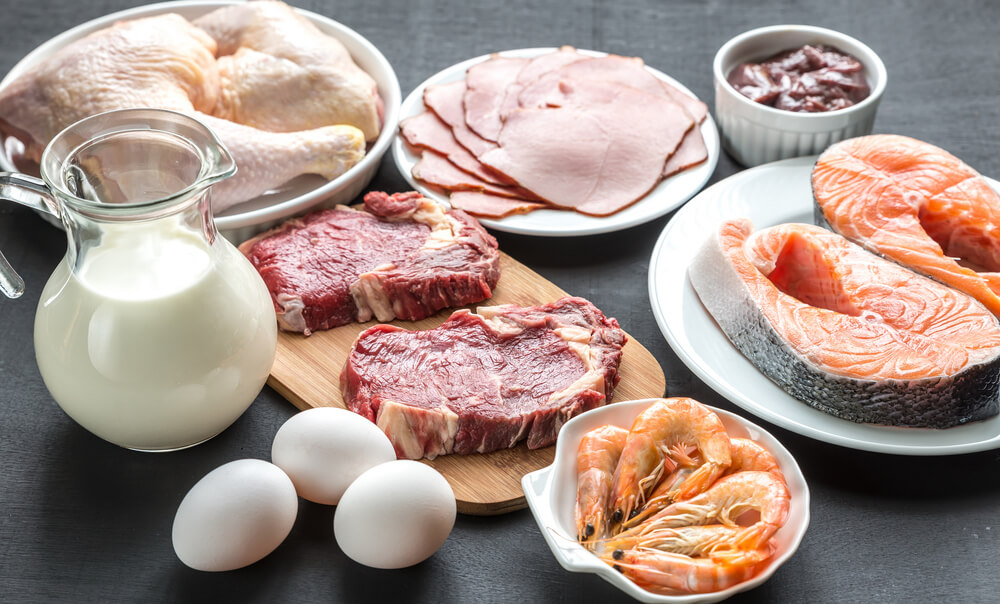
Dietary Advice for Bodybuilders During Off-Season
| Diet Component | Recommendation |
|---|---|
| Weekly weight gain | ~0.25–0.5 (% of body weight) |
| Calories | +10–20% above maintenance |
| Protein | 1.6–2.2 g/kg |
| Fat | 0.5–1.5 g/kg |
| Carbohydrate | Remaining calories (≥3–5 g/kg) |
Nutrition Timing
It might be wise to advise bodybuilders to split their daily protein intake of 1.6–2.2 g/kg into several meals, each of which should contain 0.40–0.55 g/kg. They should also make sure that one of these meals occurs within 1-2 hours before or after training and that one feeding with a non–whey protein source is consumed 1-2 hours before bed. For instance, a 90 kg bodybuilder would eat 40–50 g of protein for breakfast at 8–9 am, exercise at 11 am, consume 40–50 g of protein for lunch or after exercise at 12–1 pm, 40–50 g of protein for dinner at 5–6 pm, and then have 40–50 g of non–whey protein at 9–10 pm before going to bed at 11 pm.
Athletes frequently use post-workout carbohydrate consumption as a method to enhance performance during intense workouts. If enough carbohydrates are taken after a training session that depletes glycogen, full glycogen resynthesis can occur within 24 hours. However, following resistance training, only 24–40% of muscle glycogen is lost. Therefore, it is expected that a daily intake of 3-5 g/kg of carbohydrates will be sufficient for glycogen resynthesis. The effect of timing pre-workout carbohydrate consumption on exercise performance is probably also diminished by this high daily carbohydrate intake.
It’s frequently asserted that eating protein and carbohydrates after working out has an anabolic impact since it causes insulin to be secreted. Although insulin has been found to have anabolic effects, its release has minimal effect on post-exercise anabolism at physiological levels. Furthermore, when carbs are coupled with amino acids, there are no additional impacts on muscle protein synthesis after exercise, according to various studies.
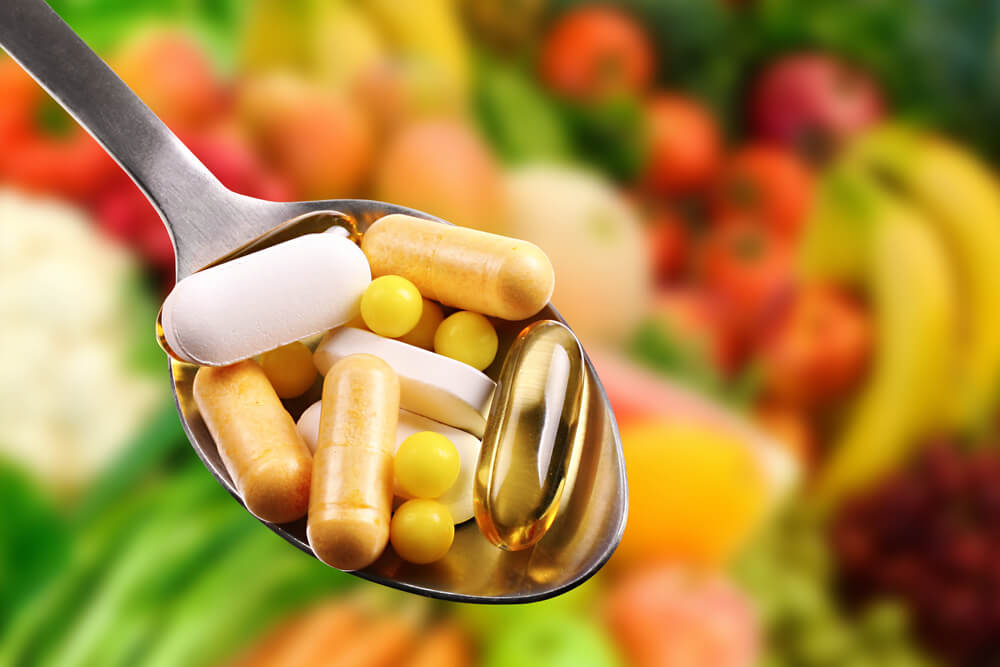
Supplements
Protein supplements (86%) were the most popular dietary supplements, followed by creatine (68%) and branched chain amino acids (67%) as well as glutamine (42%), vitamins (40%), fish oil (37%) and products containing caffeine or ephedrine (24%).
1. Creatine
Skeletal and cardiac muscle contain significant amounts of creatine phosphate, which serves as an energy source in these tissues. People who eat meat can also get creatine through diet, however when meat is cooked, the amount of creatine in it decreases.
Many studies have found that adding 20 g of creatine daily for about a week, followed by maintenance phases of 2-3 g of creatine daily, enhances muscle mass and strength. The loading step, however, might not be required. It was discovered that the level of muscle creatine saturation after taking 3 g of creatine monohydrate for 28 days was comparable to the level after taking creatine monohydrate during the normal loading phase.
2. Caffein
Caffeine enhances calcium management, which may lead to an increase in power production while reducing discomfort and perceived exertion during exercise. Studies on resistance training have shown that coffee boosts strength and lessens tiredness.
High doses of caffeine (5–6 mg/kg), which are above the threshold of what is regarded as a safe dosage, were employed in studies that demonstrated an ergogenic effect. Tolerance can develop with repeated intake, thus it may be best to stick to the least effective dosage for a person. Given that caffeine has an immediate effect, it is best to ingest caffeine around an hour before working out. Caffeine’s half-life is about 3 to 9 hours, so if you exercise later in the day, it would be best to drink caffeine earlier in the day to maintain healthy sleep patterns.
3. Beta-Alanine
Beta-alanine supplementation may increase muscular endurance and enhance body composition. Beta-alanine consumption of 4-6 g has been demonstrated to increase muscle carnosine levels.
4. Citrulline Malate
Consuming 8 g of citrulline malate has been proven to boost maximum strength and anaerobic power, reduce muscular soreness by 40%, and increase repetitions to failure by up to 50%.
Recommendations for dietary supplements and dosage for bodybuilders
| Supplement | Dosage |
|---|---|
| Creatine | 3 g/day |
| Beta-alanine | 3–5 g/day |
| Citrulline malate | 8 g/day |
| Caffeine | 5–6 mg/kg |
| Multivitamin/mineral | Low dose micronutrient supplement (≤100% RDA) |
| Omega 3 | 2–3 g EPA/DHA |
*Special credit to National Center For Biotechnology Information.

